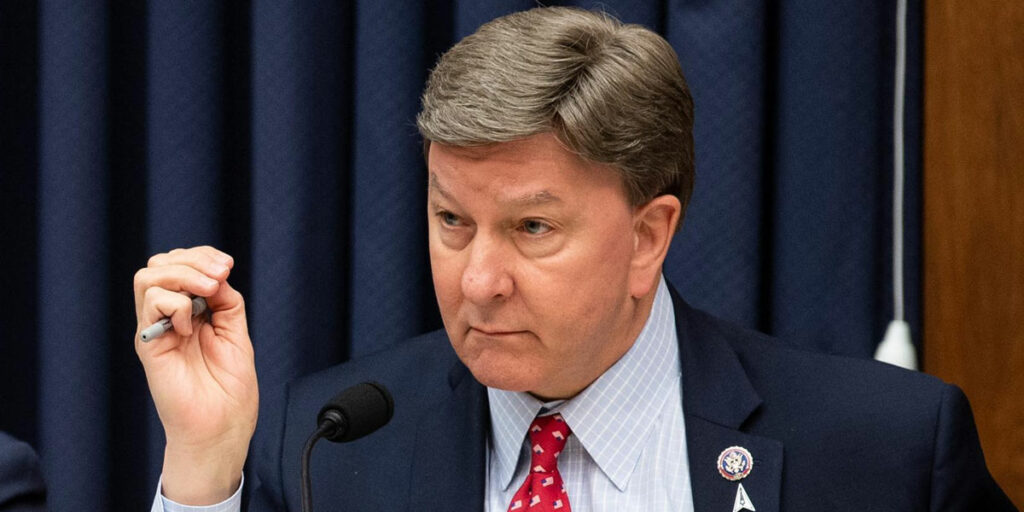The United States faces potential default in June as we run up against the debt ceiling, currently at $31.4 trillion. Whether the debt ceiling is good policy depends largely on one’s attitude toward Federal spending.
Is our national debt sustainable? I will defer to the judgment of financial markets. Interest rates compensate savers for being patient and for bearing default risk, the risk that borrowers may not repay the loan or interest payments.
The “risk free” interest rate is what investors would charge a borrower with no default risk. When default risk increases, investors will first demand a higher interest rate and then stop lending altogether.
U.S. Treasury securities have long been viewed as the risk-free investment. The inflation-adjusted (or real) interest rate on 10-year U.S. Treasury securities, courtesy of the St. Louis Fed, stands at 1.3%, over two percentage points higher than at the start of 2022. But this interest rate hike is widely attributed to the Fed’s tightening of monetary policy to combat inflation.
The debt to GDP ratio stands at historically high levels. But economists Jason Furman and Larry Summers argue that real interest payments as a percentage of GDP better measures indebtedness. This measure is not at record levels, suggesting that Washington has untapped credit.
Nonetheless, our current budget situation is troubling. The Congressional Budget Office (CBO) estimates this year’s deficit at $1.5 trillion, the third largest ever and seventh largest since 1962 as a percentage of GDP. Yet the economy is not in recession, we are at peace, and the COVID-19 pandemic is over. This represents a structural and not cyclical deficit.
Deficit projections depend on future policy choices so let’s consider entitlement spending. The CBO projects that Social Security and Medicare spending will increase from $2.3 trillion this year to $4.2 trillion in 2033. The deficit will increase significantly unless we cut spending or increase taxes.
Credit markets are voluntary; nobody must purchase Treasury bonds. At some point credit markets will say no more Federal borrowing. We would be wise to keep some credit for emergencies. Imagine financing World War II without any borrowing!
Now let’s turn to the debt ceiling, beginning with its history. Congress enacted the ceiling in 1917 to keep from having to approve each issuance of Treasury debt. The ceiling has been raised over 100 times since World War II and suspended on several occasions. Fiscal conservatives use the ceiling as leverage to push spending cuts, like the 1985 Gramm-Rudman-Hollings Debt Reduction Act and the 2011 budget deal.
The ceiling creates policy uncertainty for our economy. Uncertainty is unavoidable in life and especially business but hurts investment.
Government affects business in many ways, so uncertainty about government policy increases overall uncertainty. Failure to raise the debt ceiling will delay the repayment of bonds, drive up the Federal government’s interest rate, and potentially also other interest rates. A long-term budget agreement would be better than a fight over the ceiling every other year.
Evaluation of the ceiling depends mostly on how one views current Federal spending, not creditworthiness. If avoiding default were paramount, a deal could be done easily.
Republicans could agree to big tax hikes or Democrats could agree to freeze discretionary spending. These are not solutions due to their impact on spending.
The Biden Administration is considering challenging that the debt ceiling violates the 14th Amendment. I am not a constitutional lawyer, so I will not weigh in here. Fiscal conservatives have voiced opposition to this tactic, but we are a constitutional republic;
the constitutionality of any law can be questioned.
The inability to reach a compromise reflects our increasingly divided nation.
Legitimate government reflects the consent of the governed, meaning all Americans, because we recognize the equal moral worth of all citizens. Today both sides want to
force their preferred policy on the other by any means necessary. This is a tell that
many now view their fellow Americans as subjects, not fellow citizens.
Daniel Sutter is the Charles G. Koch Professor of Economics with the Manuel H.
Johnson Center for Political Economy at Troy University and host of Econversations on TrojanVision. The opinions expressed in this column are the author’s and do not necessarily reflect the views of Troy University.










